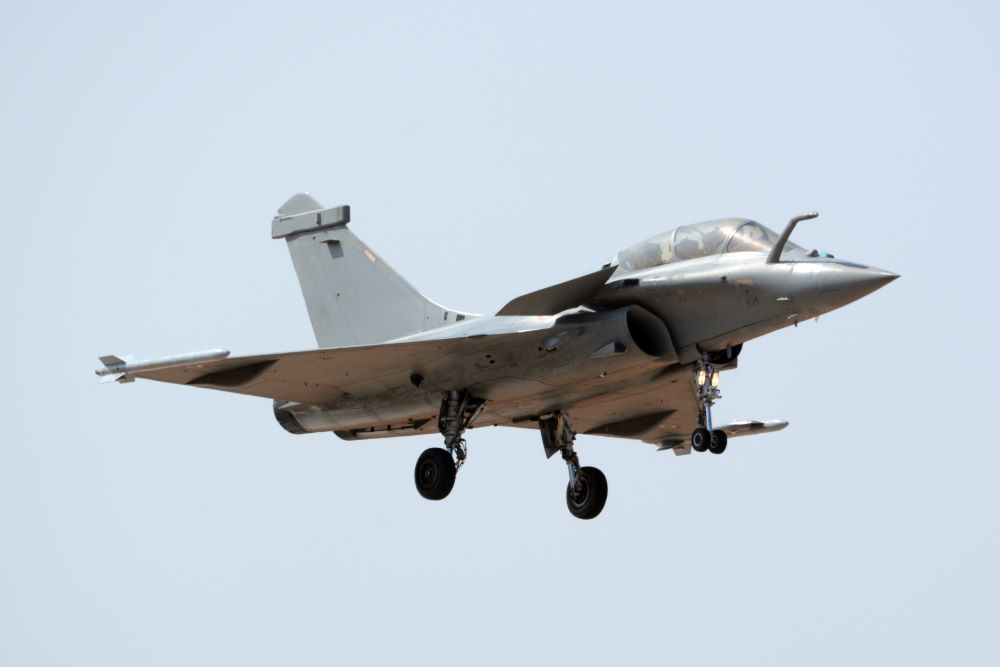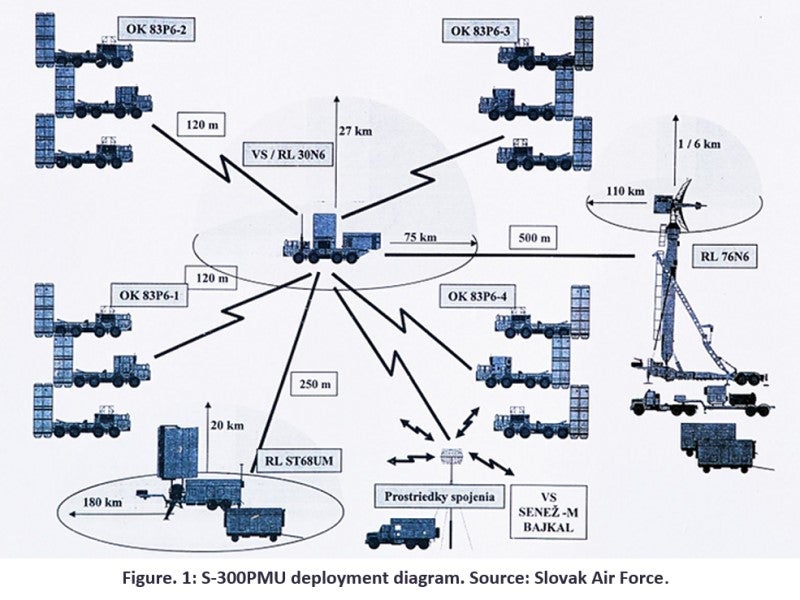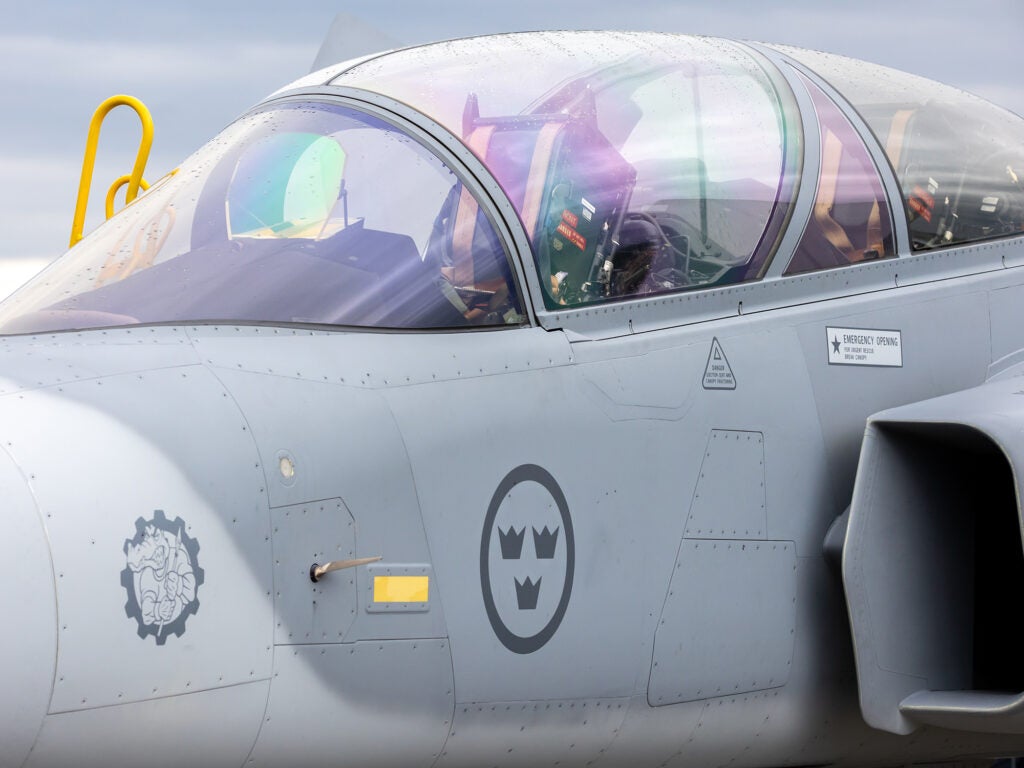
Federal elections were held on 26 September 2021 in Germany, marking the beginning of the end of Angela Merkel’s time as chancellor. The results did not yield a clear winner, instead requiring a coalition government to be formed; the SPD, FDP and Greens are close to formalising a coalition agreement with Olaf Scholz as the new chancellor. The coalition agreement has hinted at reaffirming Germany’s commitment to Nato, nuclear disarmament and deterrence, which suggests that, beyond tonal differences in rhetoric, Scholz’s government may not differ so much from Merkel’s.
Madeline Wild, Associate Defence Analyst, comments: “Ideas such as nuclear proliferation, Nato spending targets, and European defence will be reviewed by the new German government. More specific platforms such as the Luftwaffe’s ageing Tornado fleet and the oft-debated lack of armed UAVs will also be a point of debate for Scholz’s incoming government. The stance the new government may take on these issues has been hinted at in the coalition agreement but, due to the nuances of enacting defence and foreign policy, the exact outcome of these standpoints will only be realised over the course of the new government.
“Germany’s Tornado aircraft that are certified to carry US nuclear bombs are due to be retired in 2024. The decision on what to replace the Tornado with has the potential to define Germany’s position in the nuclear-sharing arm of Nato. The coalition agreement states the new government’s commitment to upholding Nato’s nuclear deterrent, including a commitment to nuclear sharing. This will likely result in the acquisition of a jet capable of carrying nuclear weapons to replace the Tornado fleet. Whilst this will be welcomed by Nato supporters, the differing views within the coalition should be noted; the Greens and the SDP have taken a more anti-nuclear stance. Subsequently, it is likely that Germany will more aggressively pursue nuclear non-proliferation and arms control which would broadly be in line with domestic public opinion.
Wild continues: “The procurement of armed UAVs by the Bundeswehr has been debated at length within Germany and remains a point of contention. The coalition agreement endorses the arming of UAVs provided they are used only to protect German soldiers. The Bundeswehr currently has plans to lease five Heron-TP MALE UAVs from Israel, however, whilst they will be armed, the UAVs are considered a stop gap before a long-term solution to Germany’s armed unmanned problem. Whilst the coalition agreement is optimistic about future armed UAV procurement hesitancies within the coalition prevent this policy from being a certainty just yet.
“Finally, it is worth noting that Olaf Scholz has, in the past, spoken openly about his desire to see a more unified European defence landscape, suggesting that pan-European mergers could be a way to achieve this. More outwardly vocal on the topic than his predecessor, Scholz’s stance on this topic is largely representative of what can be expected from the new government’s defence policy with stronger words and perhaps a more proactive approach to defence with key ideological standpoints remaining unchanged.”





